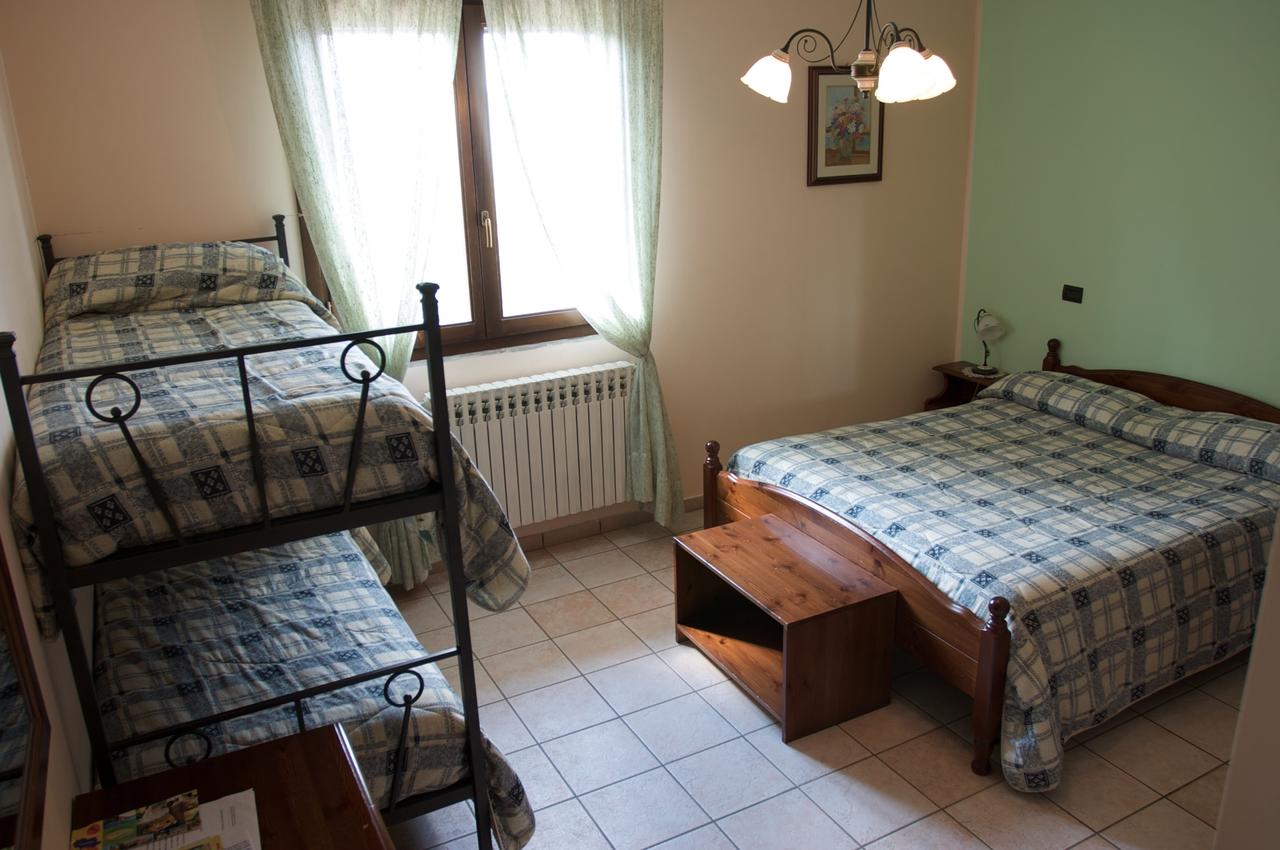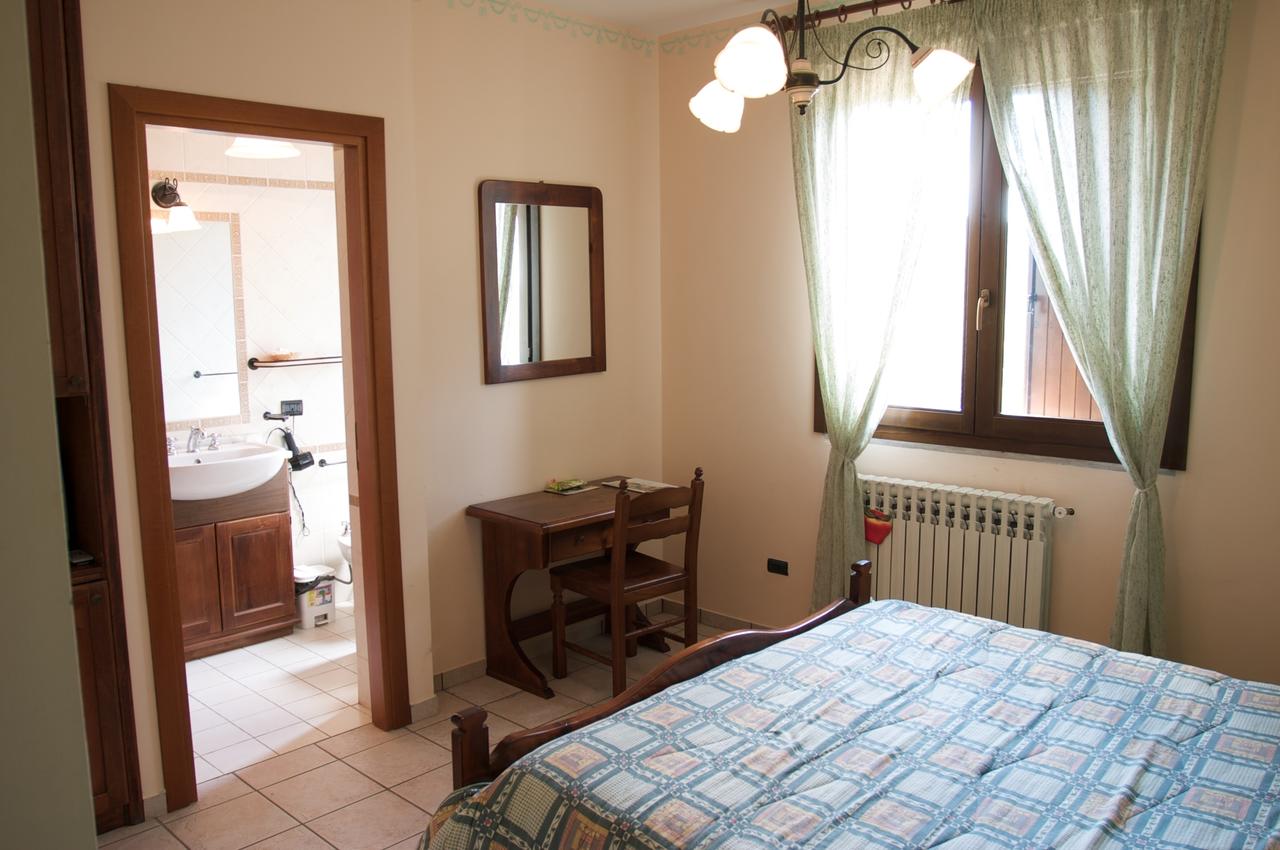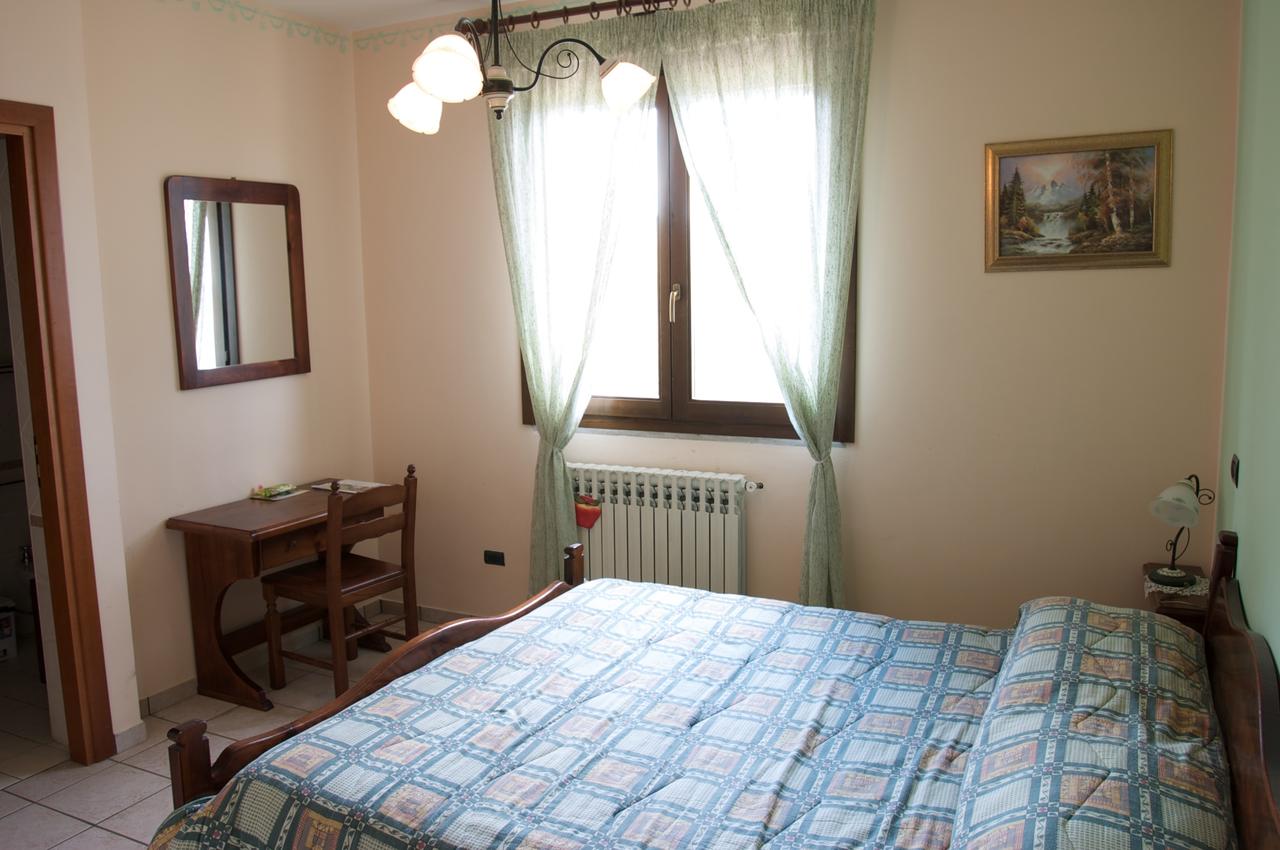Agriturismo Salella
Descrizione
+39 338 473 0885 Nostra storia parte da lontano. Nella prima metà dell’ottocento il nostro trisavolo l’avvocato Felice Bianchi, originario di Piaggine (SA), sposa a Salento Delfina Di Marco, orfana, facente parte di una famiglia di possidenti terrieri. Felice Bianchi inizia così a coltivare i terreni della moglie con l’ausilio di coloni e braccianti agricoli mettendo a dimora piante di Ulivi e Fichi bianchi del Cilento. Successivamente i terreni vennero gestiti dal figlio Antonio e dai suoi giovani quattro figli; Gioacchino che proseguì con la carriera militare, Delfina che venne a mancare prematuramente, Elvira che a seguito del matrimonio si trasferì altrove e Cleonice, colei che rimase ad aiutare il padre nella coltivazione e gestione dei terreni. Agli inizi del novecento a seguito del conflitto mondiale prima, e dell’emigrazione di massa dopo, molti terreni rimasero incolti e addirittura venduti.
Fu a metà degli anni cinquanta che la nipote Elena, figlia di Elvira, con suo marito Pasquale ripresero direttamente la coltivazione dei terreni ulivetati fino alla metà degli novanta, quando il figlio Osvaldo decide di ristrutturare l’azienda, trasformando principalmente gli uliveti da una coltivazione estensiva ad una coltivazione intensiva, adeguandola all’esigenze di un’azienda moderna. Infatti con i suoi 12 ettari conta oltre 3000 piante di olivo, viene praticata la coltivazione biologica e tutta la produzione segue la filiera corta, dalla produzione, all’imbottigliamento e alla vendita diretta, inoltre produce e confezione sott’oli e confetture. All’interno dell’azienda è stata realizzata una struttura agrituristica che accoglie gli ospiti amanti della natura e del mangiar sano. Oggi l’azienda viene condotta insieme al figlio Pasquale.[en]+39 338 473 0885 Our story starts long ago. In the first half of the nineteenth century, our great-grandfather, the lawyer Felice Bianchi, originally from Piaggine (SA), married Delfina Di Marco in Salento, an orphan from a family of landowners. Felice Bianchi thus began to cultivate his wife’s land with the help of farmers and farm laborers, planting olive trees and white figs from Cilento. Subsequently, the land was managed by his son Antonio and his four young sons; Gioacchino who continued with his military career, Delfina who died prematurely, Elvira who moved elsewhere following the marriage and Cleonice, the one who remained to help her father in the cultivation and management of the land. At the beginning of the twentieth century, following the first world war, and after mass emigration, many lands remained uncultivated and even sold.
It was in the mid-fifties that the granddaughter Elena, daughter of Elvira, with her husband Pasquale directly resumed the cultivation of olive groves until the mid-nineties, when his son Osvaldo decides to restructure the company, mainly transforming the olive groves from cultivation extensive to an intensive cultivation, adapting it to the needs of a modern company. In fact, with its 12 hectares it has over 3,000 olive trees, organic cultivation is practiced and all production follows the short chain, from production, to bottling and direct sales, it also produces and packs in oil and jams. An agritourism facility has been built within the company to welcome guests who love nature and healthy eating. Today the company is run together with his son Pasquale.
Disponibilità
| L | M | M | G | V | S | D |
|---|---|---|---|---|---|---|
| 1 | 2 | 3 | 4 | |||
| 5 | 6 | 7 | 8 | 9 | 10 | 11 |
| 12 | 13 | 14 | 15 | 16 | 17 | 18 |
| 19 | 20 | 21 | 22 | 23 | 24 | 25 |
| 26 | 27 | 28 | 29 | 30 | 31 | |
| L | M | M | G | V | S | D |
|---|---|---|---|---|---|---|
| 1 | ||||||
| 2 | 3 | 4 | 5 | 6 | 7 | 8 |
| 9 | 10 | 11 | 12 | 13 | 14 | 15 |
| 16 | 17 | 18 | 19 | 20 | 21 | 22 |
| 23 | 24 | 25 | 26 | 27 | 28 | 29 |
| 30 | ||||||


























